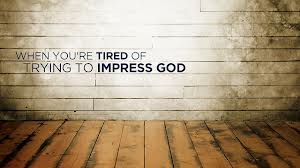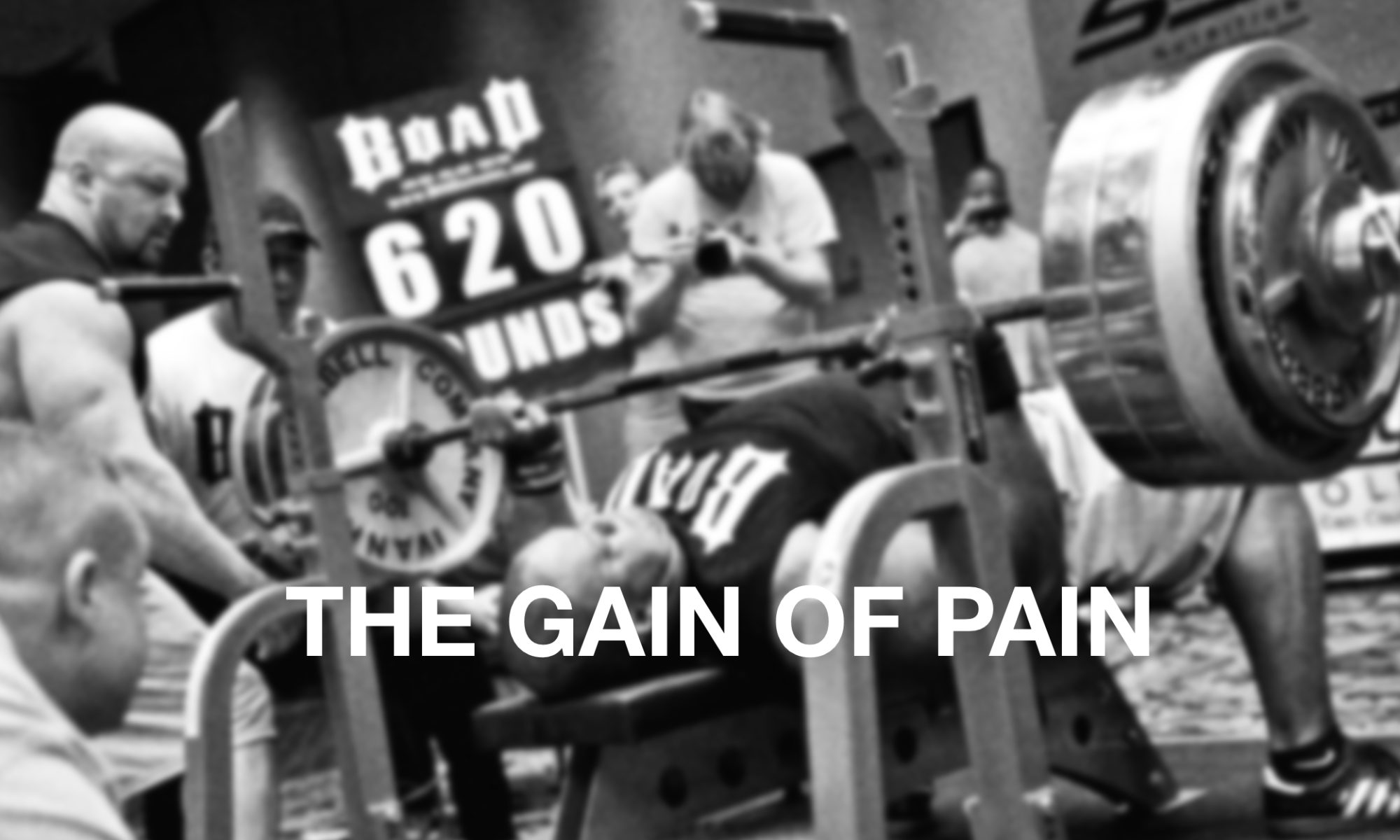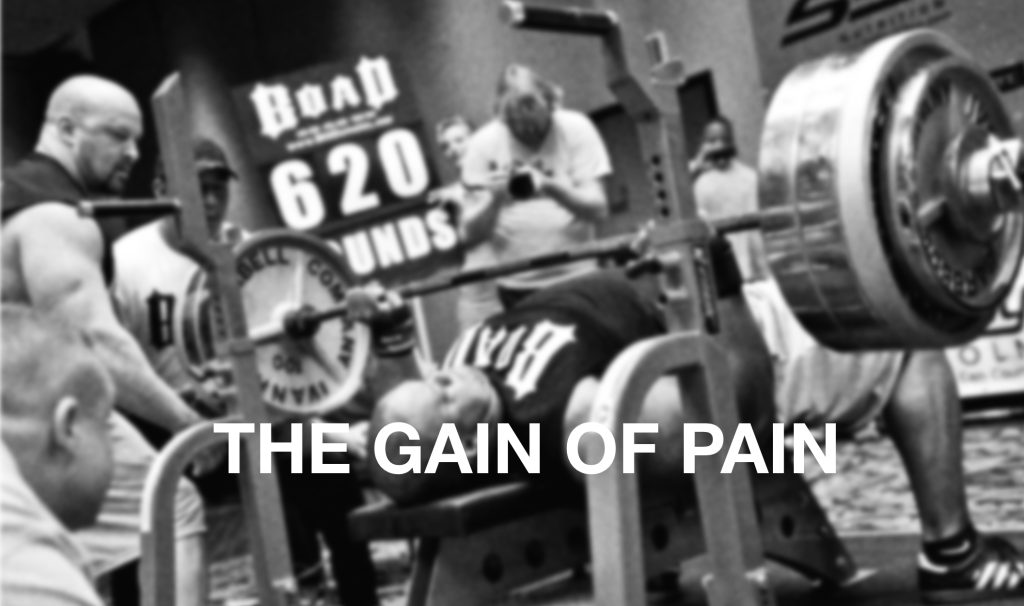Let’s be real—have you ever tried to impress someone? Maybe a crush, a boss, or that overly spiritual brother in church who prays in King James English. You go out of your way, adjusting your behavior, choosing your words carefully, maybe even throwing in a dramatic “God bless you, my brother!” to sound extra holy.
But what about God? Can we impress Him?
What Does It Even Mean to Impress God?
Impressing someone usually means doing something that makes them go, “Wow!” So, can we do something so remarkable that God, the One who created galaxies with a whisper, looks at us and says, “Wow, I didn’t see that coming”?
Well… not exactly.
1. God is Not a Man
First off, God isn’t human. He isn’t moved by human standards of “impressive.” You could pray for ten hours straight, fast for 40 days, and still, your righteousness is described as filthy rags (Isaiah 64:6). Compared to His perfection, our best efforts don’t make Him raise an eyebrow.
Think about it:
- Solomon built a temple so glorious people traveled from distant lands to see it. Did God go, “Wow, Solomon, I’m speechless!”? No, instead, He said, “Heaven is my throne, and the earth is my footstool. Where is the house you will build for me?” (Isaiah 66:1). Basically: “Nice temple, Solomon, but I own the universe.”
- Job was the most righteous man of his time, yet when he finally encountered God, all he could do was repent in dust and ashes (Job 42:5-6).
2. But… God DOES Delight in Us
Now, here’s where it gets interesting. Even though we can’t impress God in the way we impress people, we CAN please Him. There are things that delight God:
Faith:
“Without faith, it is impossible to please God”
(Hebrews 11:6)
A Humble Heart:
“These are the ones I look on with favor: those who are humble and contrite in spirit”
(Isaiah 66:2)
Obedience:
“To obey is better than sacrifice”
(1 Samuel 15:22)
In other words, God isn’t impressed by our efforts but by our heart posture. It’s like a little child drawing a crayon picture for their father. The father isn’t impressed by the artistic skill (because, let’s be honest, it’s mostly scribbles), but he treasures it because it came from love.
3. So, Should We Stop Trying?
Some people might say, “If I can’t impress God, what’s the point of striving for righteousness?” But that’s the wrong question. We don’t pursue holiness to impress God; we do it because we love Him. Just like a husband doesn’t try to “impress” his wife by buying flowers—he does it because he loves her.

Paul says,
“I press on to take hold of that for which Christ Jesus took hold of me”
(Philippians 3:12)
It’s not about impressing God; it’s about growing closer to Him.
Final Thoughts: What Actually Moves God?
A broken spirit and a contrite heart (Psalm 51:17).
Genuine faith, like that of the centurion (Matthew 8:10).
True worship, not performance (John 4:23-24).
So, can a man impress God? No. But can he touch God’s heart? Absolutely. Not by showing off, but by surrendering. That’s the paradox of the Christian life—the greatest way to “impress” God is to stop trying and start trusting.

Now Over to You:
Have you ever tried to impress God? What do you think truly delights Him? Drop a comment and let’s talk!







